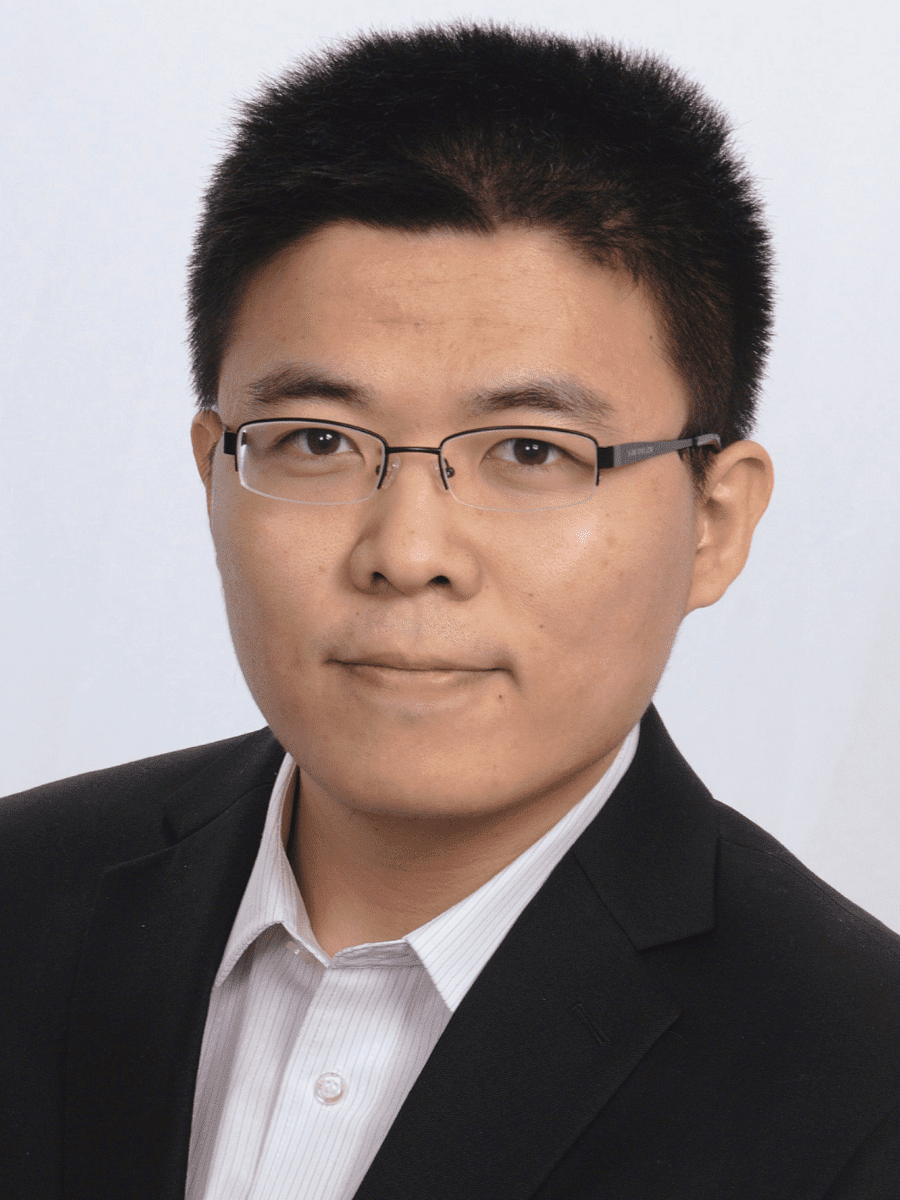Events

- This event has passed.
MICDE Seminar: Yang Liu, Research Scientist, Scalable Solvers Group of the Computational Research Division at the Lawrence Berkeley National Laboratory
January 19, 2021 @ 4:00 pm - 5:00 pm
Venue: Zoom Event

About Dr. Liu: Yang Liu is a research scientist in the Scalable Solvers Group of the Computational Research Division at the Lawrence Berkeley National Laboratory, in Berkeley, California. Dr. Liu received the Ph.D. degree in electrical engineering from the University of Michigan in 2015. From 2015 to 2017, he worked as a postdoctoral fellow at the Radiation Laboratory, University of Michigan. From 2017 to 2019, he worked as a postdoctoral fellow at the Lawrence Berkeley National Laboratory. His main research interest is in numerical linear and multi-linear algebras (including sparse solvers, randomized low-rank, butterfly and tensor algebras), computational electromagnetics (including fast iterative time-domain integral equation solvers, fast direct integral and differential equation solvers, and multi-physics
modeling), scalable machine learning algorithms, and high-performance scientific computing. Dr. Liu authored and co-authored the Sergei A. Schelkunoff Transactions Prize Paper, APS 2018, second place student paper, ACES 2012, and the first place student paper, FEM 2014.
FAST, DIRECT INTEGRAL DIFFERENTIAL EQUATION SOLVERS FOR ELECTROMAGNETIC ACOUSTIC, AND ELASTIC APPLICATIONS AT ALL FREQUENCY RANGES: Large-scale and full-wave modeling for acoustic and elastic inversion applications, analysis and synthesis of electromagnetic systems for traditional and emerging RF, microwave, terahertz applications rely on efficient numerical tools. Integral equation (i.e., method of moment) and differential equation (e.g., finite-difference, finite-element, and finite-volume) formulations lead to dense and sparse linear systems, respectively. These linear systems can be solved by either iterative or direct solvers. Iterative solvers, despite their success in constructing well-conditioned formulations and fast multipole-type algorithms, remain inefficient for systems that are inherently ill-conditioned and/or require multiple right-hand sides. This is particularly true for design automation, inverse scattering, and other coupled systems where iterative solvers often require forbiddingly high iteration time. Direct solvers, in stark contrast, can attain reliable solutions in a predictable time. However, exact direct solvers typically require O(N 3 ) and O(N 2 ) computational costs for dense and sparse systems of size N, respectively. Fast direct solvers, on the other hand, rely on the fact that off-diagonal blocks of the well-ordered linear systems can be compressed by numerical linear algebra tools including low-rank and butterfly decompositions. When further embedded in hierarchical matrix frameworks, such as H-matrix, hierarchically off-diagonal low-rank (HODLR), and hierarchically semi-separable (HSS) formats, these direct solvers and preconditioners can achieve quasi-linear complexities for construction, factorization and solution for the discretized systems across all frequency ranges. We will review the development of these solvers in the past two decades, with an emphasis on their butterfly-based variants and distributed-memory parallelization for high-frequency problems. An open source package integrating most techniques reviewed, called ButterflyPACK, will also be introduced.
Note: You can register after the webinar has started.